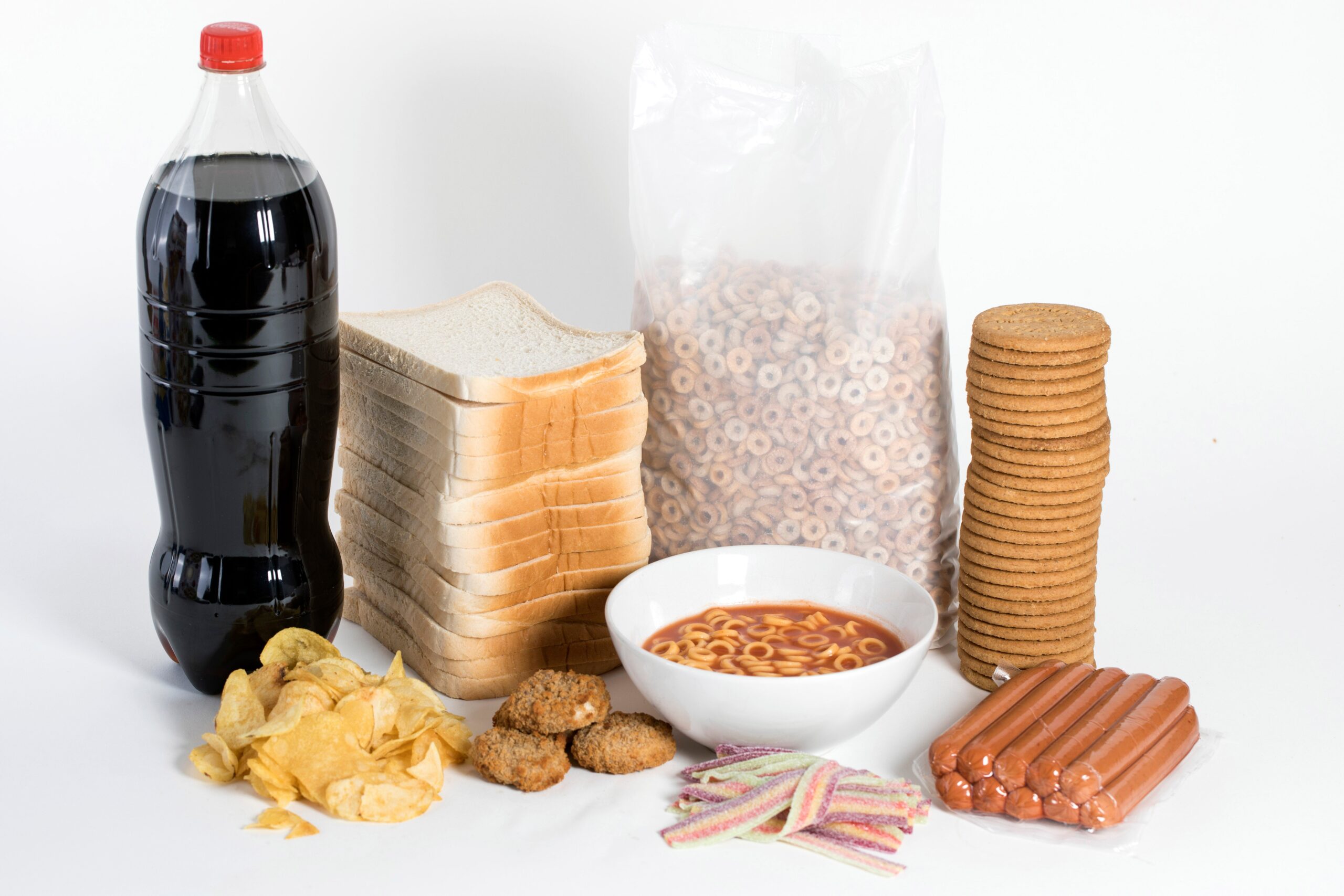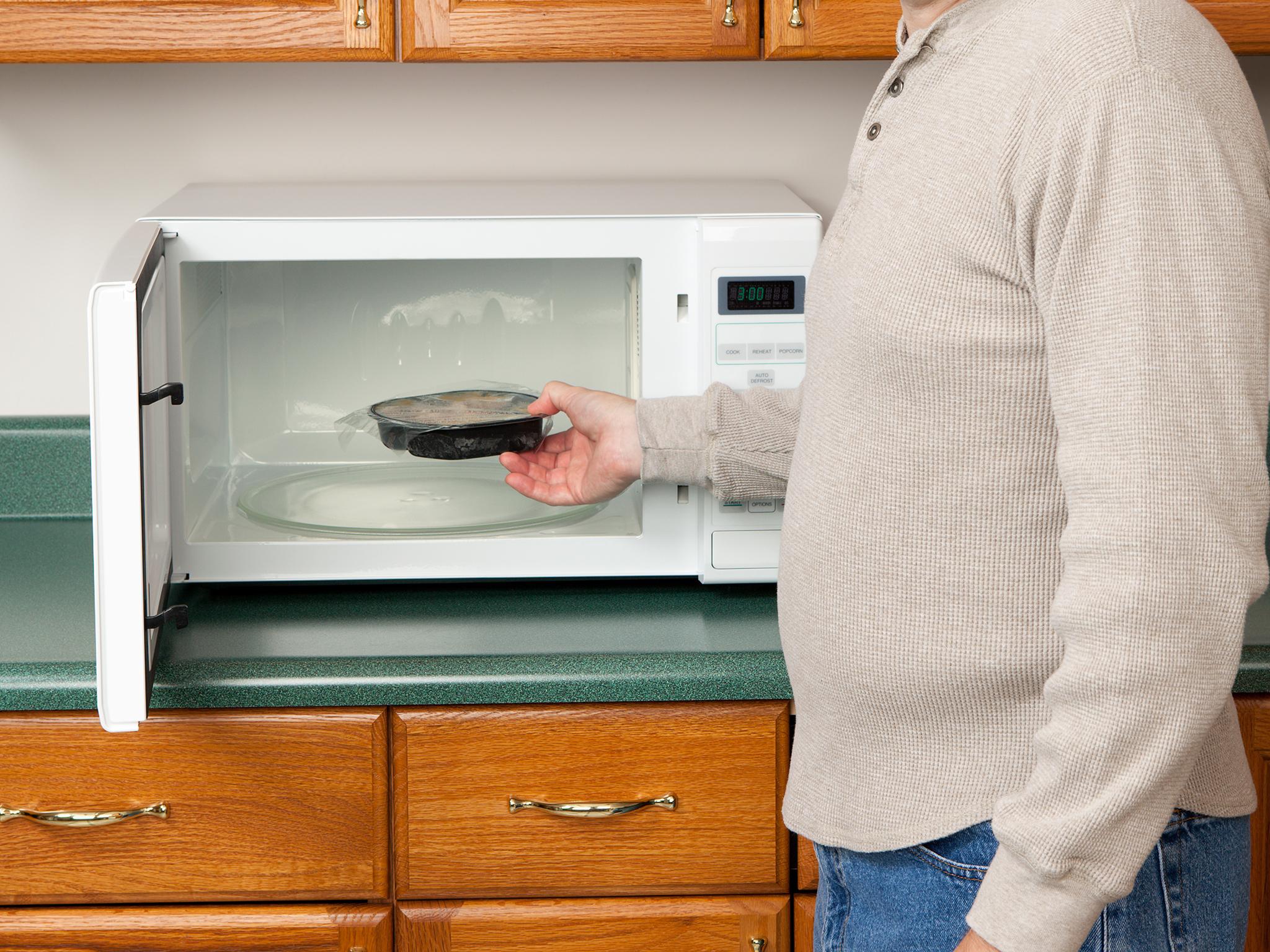Many adults are showing signs of addiction to UPFs, researchers have warned, with women aged in their fifties and sixties most at risk.
Ultra-processed foods (UPFs) – such as sweets, fast food and sugary beverages – are highly modified products that contain high quantities of fat, salt, sugar and flavourings.
Some 2,000 Americans were surveyed in a new study by the University of Michigan about their eating habits. Of those who meet the criteria for UPF addiction, 21 per cent of women and 10 per cent of men are from Gen X, and addicts are far more likely to be overweight, isolated and have poor mental health.
Gen X, who are now in their fifties and sixties, were the first generation to grow up with UPFs all around them in shops and the media.
Lucy K. Loch, a graduate student in the university’s department of psychology, said: “Today’s older adults were in a key developmental period when our nation’s food environment changed. With other research showing clear links between consumption of these foods and risk of chronic disease and premature death, it’s important to study addiction to UPFs in this age group.”

The rate of addiction is far higher for Gen X than for previous generations, who grew up just a decade earlier and only encountered UPFs in adulthood. Among adults aged 65 to 80, only 12 per cent of women and 4 per cent of men were found to be addicted.
Professor Ashley Gearhardt, who leads the university’s food and addiction science and treatment lab, said: “The percentages we see in these data far outpace the percentages of older adults with problematic use of other addictive substances, such as alcohol and tobacco.”
The researchers used the modified Yale Food Addiction Scale 2.0 to assess addiction in a standardised way. They asked about 13 experiences with UPFs and drinks that define addiction, such as strong cravings, repeated unsuccessful attempts to cut down, withdrawal symptoms, and avoiding social activities because of fear of overeating.
Women were more likely to be addicted than men, which is unlike traditional substance use disorders, which typically tend to be more common in older men.
Aggressive marketing of “diet” UPFs to women in the 1980s may be an explanation for this, scientists suggest. This includes carbohydrate-heavy products like “low-fat” cookies, “low-calorie” microwavable meals, which were promoted as “health-washed” weight-control solutions but still formulated to maximise cravings.
“These products are sold as health foods – which can be especially problematic for those trying to reduce the number of calories they consume,” Prof Gearhardt said. “This especially affects women, because of the societal pressure around weight.”

Of those aged 50 to 80, overweight women are 11 times more likely and overweight men are 19 times more likely to be addicted to UPFs than those of average weight.
Men with fair or poor mental health were four times more likely to be addicted to UPFs than those with good mental health. Isolated individuals were three times more likely to be addicted to UPFs.
Prof Gearhardt added: “Children and adolescents today consume even higher proportions of calories from UPFs than today’s middle-aged adults did in their youth. If current trends continue, future generations may show even higher rates of ultra-processed food addiction later in life.
“Just as with other substances, intervening early may be essential to reducing long-term addiction risk across the lifespan.”
